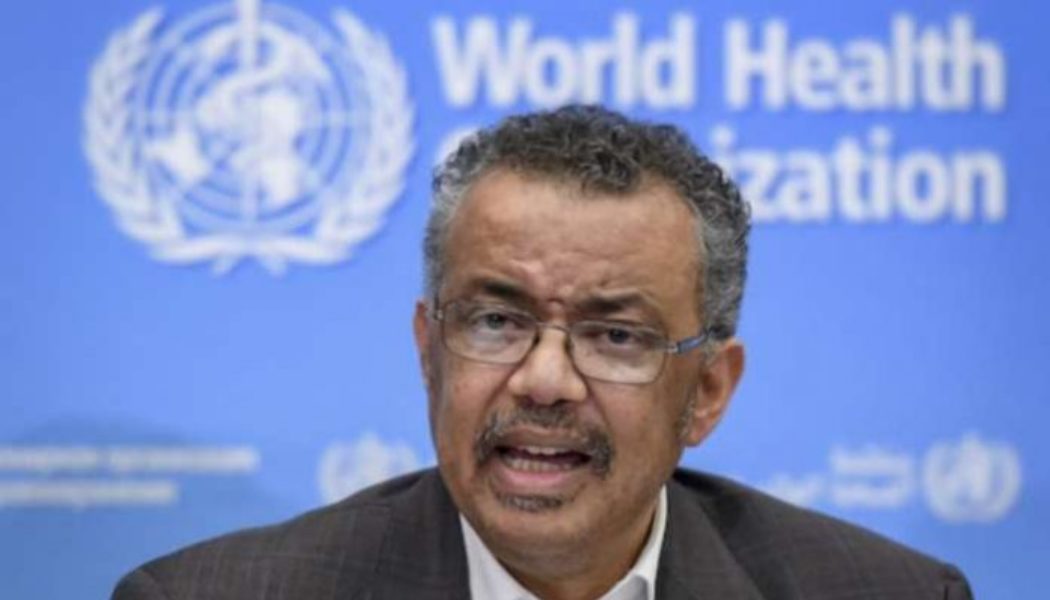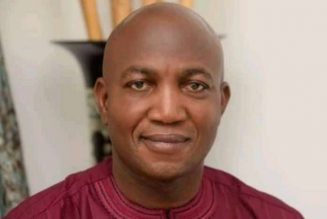
The Director-General, World Health Organisation (WHO), Dr Tedros Ghebreyesus has solicited the support of G7 health ministers to meet vaccination targets by the end of the year.
In his remarks at the G7 Health Ministers’ meeting in Oxford, Ghebreyesus appealed to the ministers to provide leadership for strengthening WHO on sustainable financing.
“First, we seek your support for reaching our vaccination targets for September and the end of the year; sharing doses with COVAX now is essential for achieving those targets.
“We need 250 million doses by September and we need 100 million doses just in June and July.
“As G7 nations, you are in a unique position to pool doses and make this happen; second, we seek your leadership for strengthening WHO, including through sustainable and predictable financing;
“Third, we seek your support for a treaty or international agreement to improve sharing and mutual accountability to address the challenges we are facing now,’’ he said.
The director general assured WHO’s continued commitment to working with the ministers and all nations to realise the vision of a healthier, safer, fairer and more sustainable future.
He said that addressing the mismatch between the expectations of WHO and the resources, and doing the job was a key issue.
“The challenges we face are more profound, and so must be the solutions we design.
“That’s why the one recommendation that I believe will do most to strengthen both WHO and global health security is the recommendation for a treaty on pandemic preparedness and response.
“As you know, Member States at the World Health Assembly (WHA) last week adopted a resolution agreeing to hold a Special Session of the Assembly in November.
“WHA adopted a resolution to have a session in November to consider developing a WHO convention, agreement or other international instrument on pandemic preparedness and response’’, he said.
According to him, holding a WHO convention on pandemic preparedness and response was an idea whose time had come.
“We need a generational commitment that outlives budgetary cycles, election cycles and media cycles.
“A commitment that creates an overarching framework for the governance, financing. systems and tools, needed to build a safer world, based on a One Health approach, through close collaboration with the tripartite-plus partners.
“A treaty would foster improved sharing, trust and accountability, and provide the solid foundation on which to build other mechanisms for global health security.’’
He, therefore, thanked the G7 countries that have expressed support for the idea of a treaty.
The G7 countries are a group of the world’s seven largest advanced economies namely: the United Kingdom, Germany, Italy, Canada, France, Japan and the United States.










